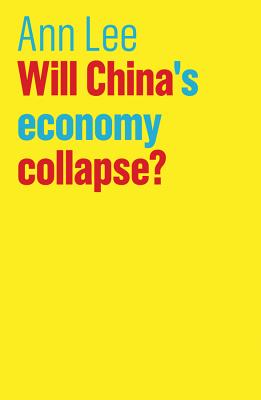
Will China's Economy Collapse?
Book Summary
In a relatively short period of three decades, China has emerged as the largest trading nation and the second largest economy in the world, a feat that no other nation has been able to achieve in modern history.
Previously, China suffered humiliating defeats in two opium wars, and leaders of the country struggled during a humiliating century of foreign interference that ended in 1939 with the emergence of the communist party system. Although the Han dominate China, this vast nation is made up of 56 ethnic groups, collectively speaking a total of 300 languages. In terms of geographical diversity, the country also shares borders with 11 nations.
Since the opening of China in the late 1960s, the communist party has ruled with an iron fist, but leaders also stepped up economic development primarily by inviting foreign investments in the coastal region. The super charged economic growth in the last two decades has lifted several hundred million people from abject poverty, provided steady jobs, and boosted living standards across the regions. However, growing exports and developments in infrastructure that spearheaded the economic boom also led to a speculative bubble in real estate, capital flight, and a dramatic surge in income inequality.
Both Chinese bureaucrats and provincial leaders are addicted to the debt fueled infrastructure boom, largely funded by state-controlled banks, which may endanger the three-decade long economic expansion as the aspiring nation faces the middle income trap.
